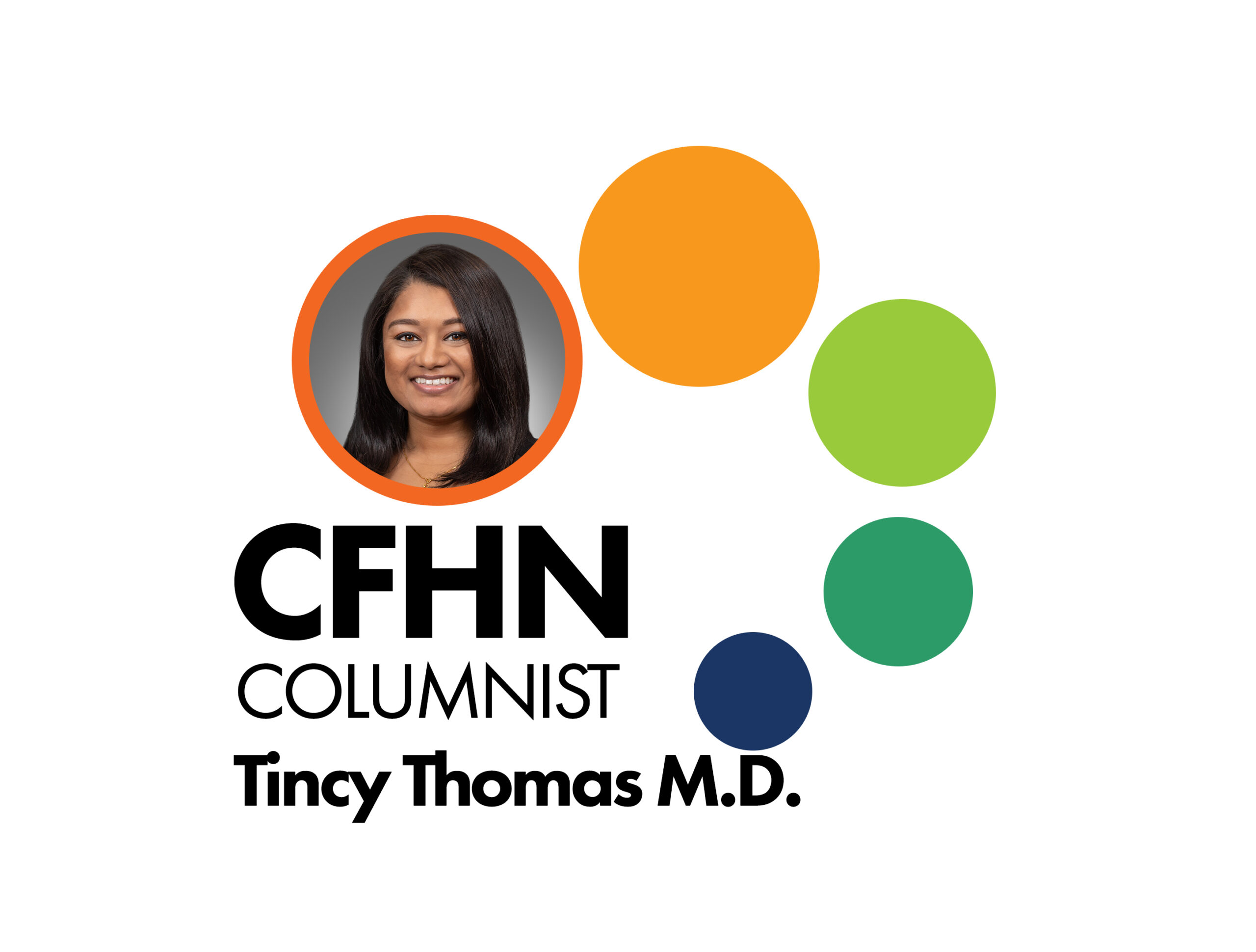
Health News
Features
-
Mommy makeover
Regaining your shape after baby After the excitement of birthing a baby, women face an inevitable reality: the post partum belly. It takes time for the body to readjust, but there are ways to hasten weight loss and regain your figure more quickly. The good news is some of it comes naturally. Instead of lifting…
-
Exercise on the brain
How to keep your mind in shape You’ve heard the expression “use it or lose it.” The advice is especially pertinent for adults in their 40s and beyond. That’s because our brains begin to shrink at that age, points out Dr. Herminio Cuervo, a Lakeland neurologist and Polk County Medical Association member. “It’s just like…
-
Prevention and treatment for stretch marks
Are you spinning your wheels over striae? Ahhh, stretch marks. Those dreaded angry red, purple or pink squiggles that typically show up over hip bones, on thighs and underarms, or across bellies, breasts and bottoms. When you’re pregnant, you’re more susceptible because of inevitable weight gain. So what’s a gal to do? Unfortunately, there’s no…
Columns
-
Are You At Risk for Peripheral Arterial Disease?
September is Peripheral Arterial Disease awareness month. PAD is a chronic condition affecting 20 million people in the U.S. If left untreated, it can result in unnecessary limb amputations. This has been seen disproportionately in people from minority communities. It involves a buildup of plaque in the arteries— much like how your kitchen sink builds…
-
Diagnosed With Astigmatism? You’ve Got Options
by TINCY THOMAS, O.D. You were told that you have astigmatism—a seemingly scary term! Luckily, it’s not usually a cause for concern. What is astigmatism? Astigmatism is a condition that causes blurry vision, much like nearsightedness (myopia) or farsightedness (hyperopia). However, with astigmatism, your cornea or lens inside the eye may be irregularly shaped, similar…
-
Protect Your Vision With Multiple Pairs of Glasses
by Julia King, O.D. Nowadays, when we use our eyes for so many different activities, one pair of eyeglasses is rarely sufficient. Multiple pairs of eyeglasses provide different levels of correction or features to enhance your vision for varying daily activities. Most people have an everyday pair of glasses that they use on a regular…


